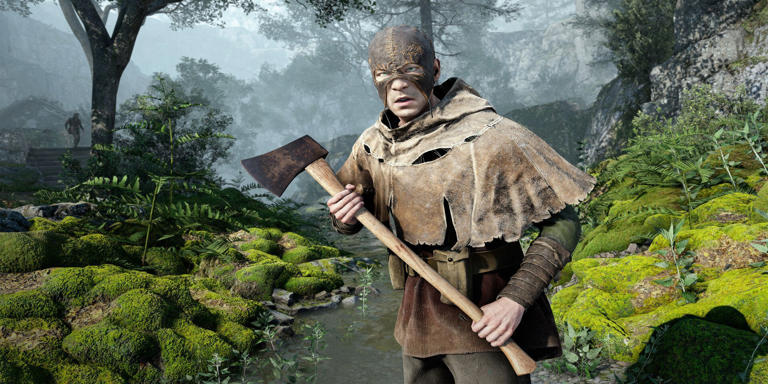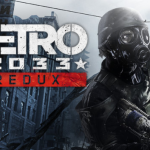Rebellion’s Atomfall has made a strong debut since its late March release, attracting over 2 million players across PC, PlayStation, and Xbox—including Game Pass subscribers. While the studio hasn’t shared exact sales figures, CEO Jason Kingsley praised Microsoft’s partnership, calling it a “huge success” that helped the game reach a massive audience.
Game Pass: A Win for Rebellion?
1. Microsoft’s Support Was Key
- Kingsley highlighted Microsoft’s “fantastic” backing, including marketing and technical assistance before launch.
- Unlike AAA studios with $200M budgets, Rebellion operates leaner, making Game Pass’s guaranteed revenue crucial.
2. The “Game Pass Effect” on Sales
- Theory: Players who try Atomfall on Game Pass may recommend it to friends, driving purchases from non-subscribers.
- Reality: While Kingsley believes this works, he admits hard data is lacking—Game Pass may also cannibalize some sales.
3. Beyond Subscriptions: Long-Term Value
- Even if Game Pass reduces per-unit sales, the exposure and player base growth could benefit Rebellion’s future projects.
- The studio is “very satisfied” with Atomfall’s performance, exceeding internal expectations.
The Bigger Picture: Does Game Pass Help or Hurt Sales?
✅ Pros for Developers
✔ Guaranteed payout from Microsoft, reducing financial risk.
✔ Massive player base (2M+ for Atomfall).
✔ Word-of-mouth marketing (players evangelizing the game).
❌ Potential Downsides
✖ Cannibalization risk (some buyers might opt for Game Pass instead).
✖ Lack of clear data on how subscriptions convert to full purchases.
Final Verdict
For mid-sized studios like Rebellion, Game Pass offers a safety net while amplifying reach, even if its direct sales impact is unproven. Atomfall’s strong launch suggests the model works, but the debate continues.
Do you buy games after trying them on Game Pass? Share your thoughts below!




